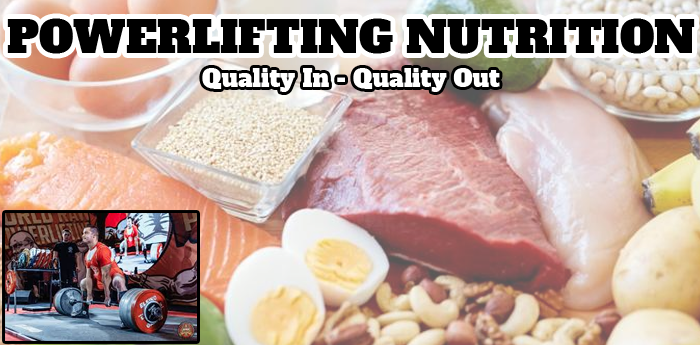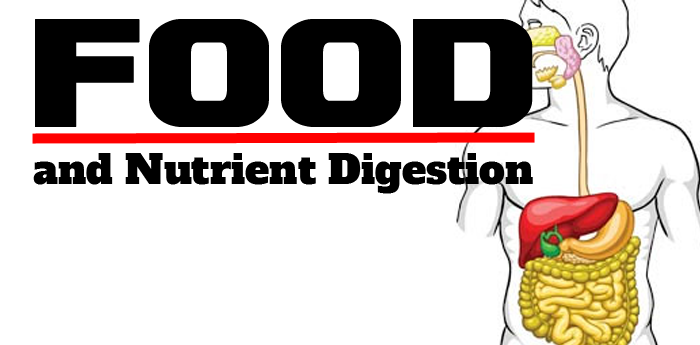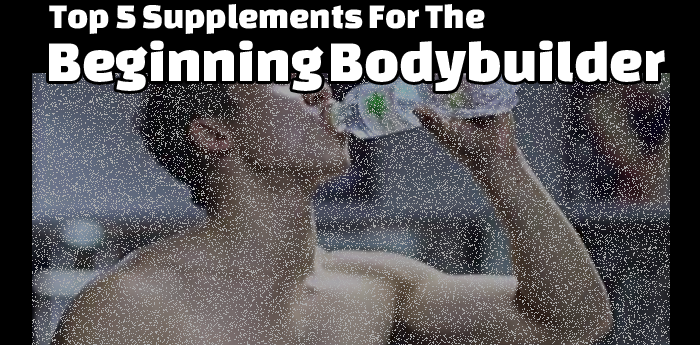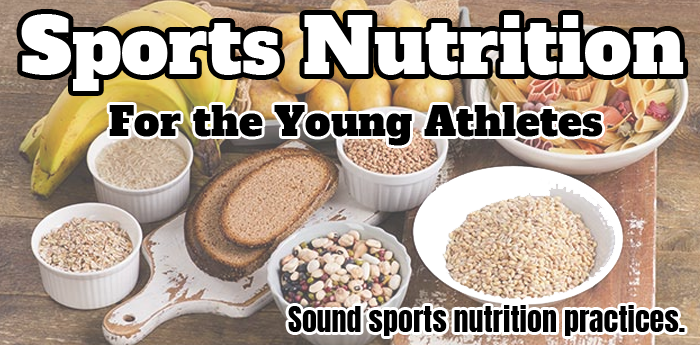

By: MuscleSports.net
Total Nutrition For The beginning Athlete: Size, Strength, Porformance!
Top athletes around the world often claim that sound sports nutrition practices are responsible for at least 80-90 percent of their success. If so, then good diet practices is doubly important for the rest of us, who do not have the genetic potential the sports stars are blessed with. In fact, combining sound diet with all the other aspects of training is the only way to guarantee progress towards a successful sports career. In addition, proper diet will provide you with all the other benefits such as better health and better mental attitude.
In the last couple of decades there has been a considerable change in the way athletes eat to fuel their bodies. Research on sports nutrition shows that the consumption of protein, minerals, and vitamins is steadily climbing, while athletes consumed smaller amounts of carbohydrates and fats. Both research and popular magazines stress the dangers of too many empty calories and saturated fats, which are directly responsible for obesity and indirectly for a multitude of other diseases.
They also note that the lack of nutritional fiber and essential nutrients such as vitamins & minerals, plays a significant role in the health status of our population. This article explains specific and general differences in diet between competitive athletes and others, describes the type of diet suitable for regular or off season training, and outlines the specific nutritional needs of athletes before, during and after competition.
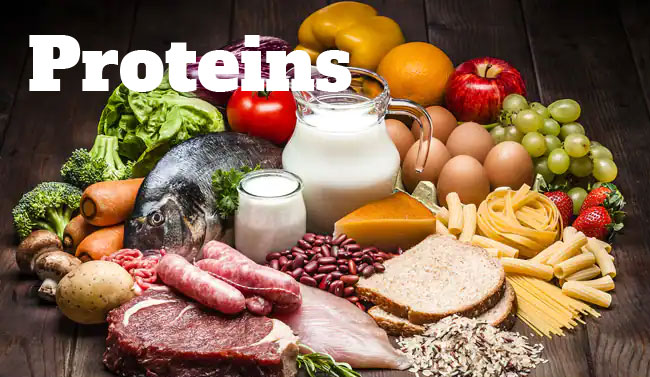
The nutritional needs of athletes are different from those of physically hard-working individuals. Specifically, for you, the athlete, requires faster metabolic action and higher oxygen consumption for very intense short period of time in training and competition. The hard worker divides his/her optimal output into an 8-hour working day, while you the athlete will have to give your maximum in 1½-3 hours during training or competition. Therefore, your body needs to consume sufficient amounts of specific nutritional substances that regulate and activate the biochemical reactions necessary for you the athlete to get your job done at optimum levels. The average person doesn't have those concerns.
The quality of food you eat determines how you get through your daily workouts, how fast your body recuperates between workouts, and how quickly you start adding on high-quality muscle mass. You not only need to intake more clean proteins, minerals, and vitamins, but you need to intake these more often. You also have to reduce the intake of fats to balance the overall caloric intake in order not to gain fat weight and-or, adipose tissue.
Our typical American diet of too many sweets and saturated fats, too many unnecessary condiments and useless taste enhancers, and too little variety of foods can have detrimental effects not only on metabolic rate, but also on the overall bodily appearance of an otherwise serious and hard-working athlete. Improper diet is unquestionably the single most important reason why most athletes are dissatisfied with their progress in training or competition.
Three basic food categories are the staple of every successful competitor.
- The first category includes lean meats: Poultry, and fish; the majority of high-quality protein comes from here.
- The second category includes milk and milk products: Milk is one of the best sources of protein as well as one of the cheapest and most easily digested foods. European researchers found that the lack of milk in athletic diets caused significant calcium, vitamin A, and B2 deficiencies in less than 5 weeks.
- The third category includes fresh, raw vegetables of every type: To obtain adequate vitamin and mineral amounts, you should eat at least two large servings of vegetables every day. There is good evidence that vitamins and minerals obtained in this way may be preferable to those available in pill form.
The latest research also shows that the timing of meals is essential to consider for sports success. It is more beneficial to eat every 2½-3 hours (about 4-6 times each day) than to eat only 2-3 times during a day. This is especially important if you are concerned about gaining unwanted weight. Some very successful bodybuilders, as well as other athletes, prefer to eat 6-7 smaller meals each day. This is probably the best way to assure that the stomach does not stretch and the abdominal wall stays flat.
Huge breakfasts, irregular meals, and overeating while celebrating or not training are the worst possible forms dietary behaviors for bodybuilders athletes and even the average Joe. Even if you desire to pile on weight quickly, it is not a good idea to do that by overeating fats and starches. You know the saying - Garbage In, Garbage Out! We don't want that so leave the JUNK food on the store shelves not in your cart!
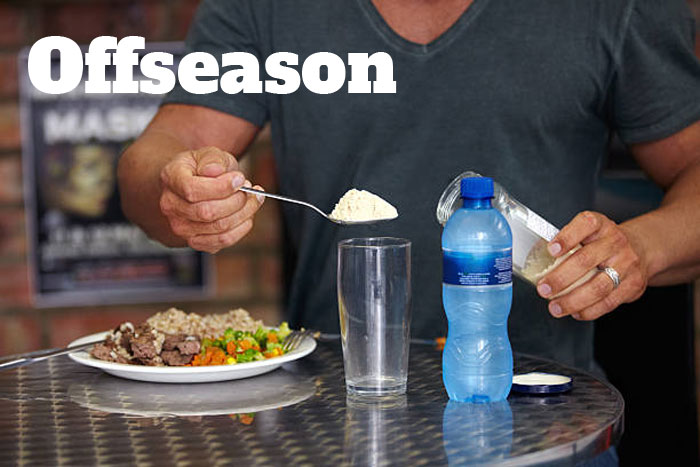
During the off-season, you should test your nutrition by carefully checking your bodyweight each morning up on waking and checking your bodyfat in the mirror. At the beginning of this phase there is usually an initial decrease of weight due to the fact that the fat reserves are being used for energy purposes faster than the muscle mass can grow. This may amount to about 5-7 pounds in the first two weeks. This period will be followed by a slow but steady gain in weight and a corresponding increase in the muscle mass.
In this phase, the intake of protein should amount to approximately 1½-2½ gram per each pound of body weight. About two thirds of the protein should be of animal origin. Generally speaking, the off-season diet is higher in fats than the diet during a precontest or competition phase; however, the diet still has to be balanced. Sports supplements and should be used to augment your nutritional intake and not to replace good eating habits. When you reach your strength peak, or if you decide to taper off your training, your protein intake should decrease to about .75 grams per body pound.
Also during this phase there should be effort made to increase consumption of clean protein, fibrous carbs along with vitamins B, C, D, and E. This should be accomplished by increasing the intake of fruits, natural fruit juices, raw vegetable salads (no dressing), oatmeal, legumes, whole-wheat breads and lean meats. It you must have supplements, this is the time to use them. However, too much protein, and gulping down vitamins & minerals won't do a damn thing for you! Follow sound nutritional practices and don't look for quick fixes. All quick fixes lead to one destination, decreased performance and sometimes bad health outcomes.

As the competitive season approaches stricter and more disciplined dieting practices should start to become your norm. For about 2-3 months before the season, depending on how much body fat he or she needs to lose and if their are weight requirements should provide ample time to make all the right adjustments. The rule of thumb is to slowly eliminate undesirable foods and to decrease the amount of calories consumed. Progressive tapering off is preferable to over strict dieting or starvation dieting. Adjust your daily caloric intake so you see a gradual reduction in body fat stores.
If for example your daily caloric intake amounts to around 2,500 calories ( this is an average and can be adjusted up or down ). Do not reduce your caloric intake below 2,000 calories per day. Most hard working athlete ( both men and women ) will burn in excess of 2000 calories a day, and such restrictions will only rob you of strength and health. Also if you need to lose more fat, spend more time doing low impact aerobic activities. Walking is the best way of loosing unwanted body fat quickly!
While the pre-game meal can supply your body with significant amounts of energy, don't expect it to supply all the energy you'll need for the event. You should eat the right kinds of food for several days before the event to charge up your muscles with glycogen. Glycogen is a key energy source your muscles use during most sports activities. Although the pre-game meal won't cause large increases in muscle glycogen, it will:
- Help avoid hunger during the event
- Stablize blood-sugar levels and add some food energy to complement existing energy stores of muscle glycogen
- Hydrate the body (supply water to the body's cells)
- Provide a relatively empty stomach at game time
- Prevent gastrointestinal upset or other adverse reactions to food
What you eat at the day of the competition depends mainly on the time when it starts. Your body needs to have enough carbohydrates and vitamin C to withstand the additional energy demands of the competition. You should have a small, high-carbohydrate meal (about 300-400 kcal) no less than two hours before the contest. Keep protein intake to a minimum to prevent acidosis. Some athletes prefer liquid formulas to regular meals; however, these usually contain certain amounts of fat and protein to give a feeling of satiety and relieve hunger. These formulas were not designed for those competing in sports contests. Use something designed to empty the stomach quickly and has very few calories.
Do not eat or drink to much of anything during competition, unless it is significantly longer than three hours. If it lasts longer, you may want to resort to liquids and glucose. Sip on tea with lemon and glucose and if you sweat a lot, add a very small pinch of salt. Since your muscles can store limited quantities of water, you may want to sip on cold, clear water every 30-45 minutes if your body craves it.
When you finish the competition you need to replenish the nutrients lost during the maximal effort. Immediately after the contest you should have only a carbohydrate pick-up drink fortified with amino acids to give you back some of the energy and nutrients lost. Orange juice, apple juice or any other cold, natural drink with a couple of peptide bonded amino acid tablets will do. In few minutes you may want to have a small piece of fruit that is your body say it ready for whole foods but limit it to just 1 piece. No meal should be eaten until at least an hour after the contest or event, because it takes that long for the blood from the active skeletal muscles to return to stomach and for the digestive juices to become fully available for digestion.
The last meal of the day should be eaten no less than two hours before bedtime to assure you of sound sleep. You may want to relax your strict eating habits for the next week or two because you deserve it! However, your diet still has to be nutritionally balanced to keep you healthy and your spirits up.
Remember that the development of effective nutritional habits is almost a guarantee of ultimate success if all the other areas of your sports training development are taken care of. You need to have persistence as well as knowledgable to succeed. The road to achieving your goals is not easy, but once you are on your way, the journey is certainly worth it. Good luck and STICK WITH IT!
Other Bedrock Nutrition 101 Articles
Tags: Athlete Nutrition Supplements General Health Whole Foods
Stay Strong, Stay Healthy
Mary Joe....
Thank You...

Send Us Your Comments:
Sports Nutrition for the Young Athletes - Comments
Related Articles
Sponsored Products:
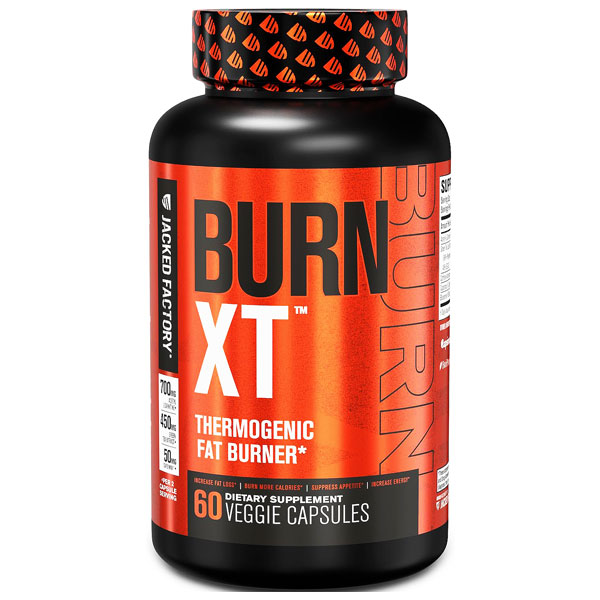
Cutting Edge Thermogenic!
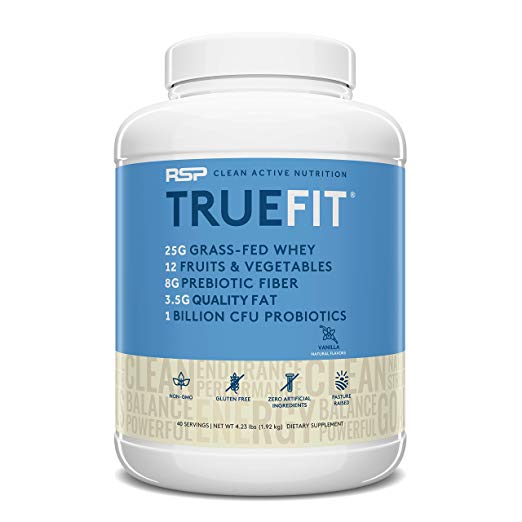
Grass Feed Protein Shake!
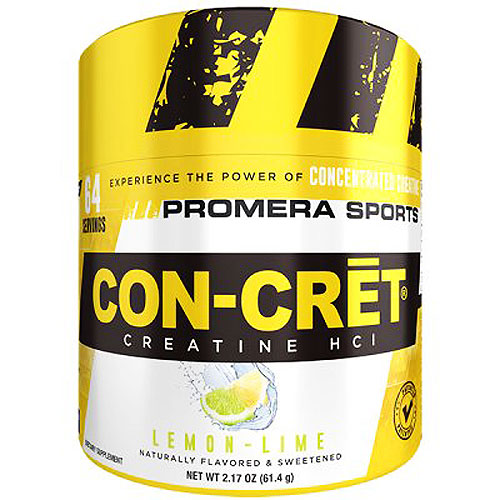
Patented Creatine HCl!
Comments:
- 56723Haley: Very good article, I learned allot. Thank You. - 02/07/23
- 755763David: Very good article for young athlete to read And get a better since about their nutrition. Good Job! - 06/16/22
- 937553Terri: I learnded allot about my own nutrition, Thank You. - 05/22/222

 Nutrition Books
Workout Accessories
Videos
Workout Music
Nutrition Books
Workout Accessories
Videos
Workout Music
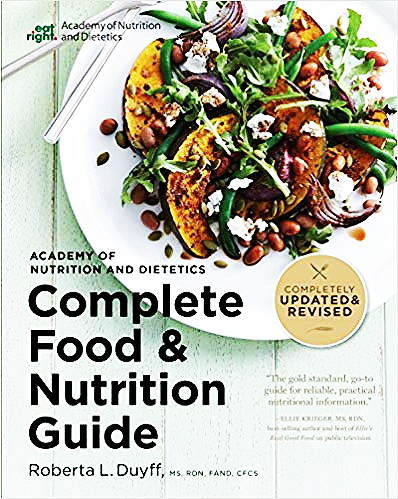

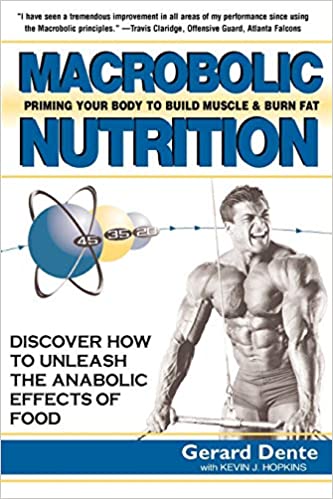

 By: MuscleSports.net
By: MuscleSports.net





